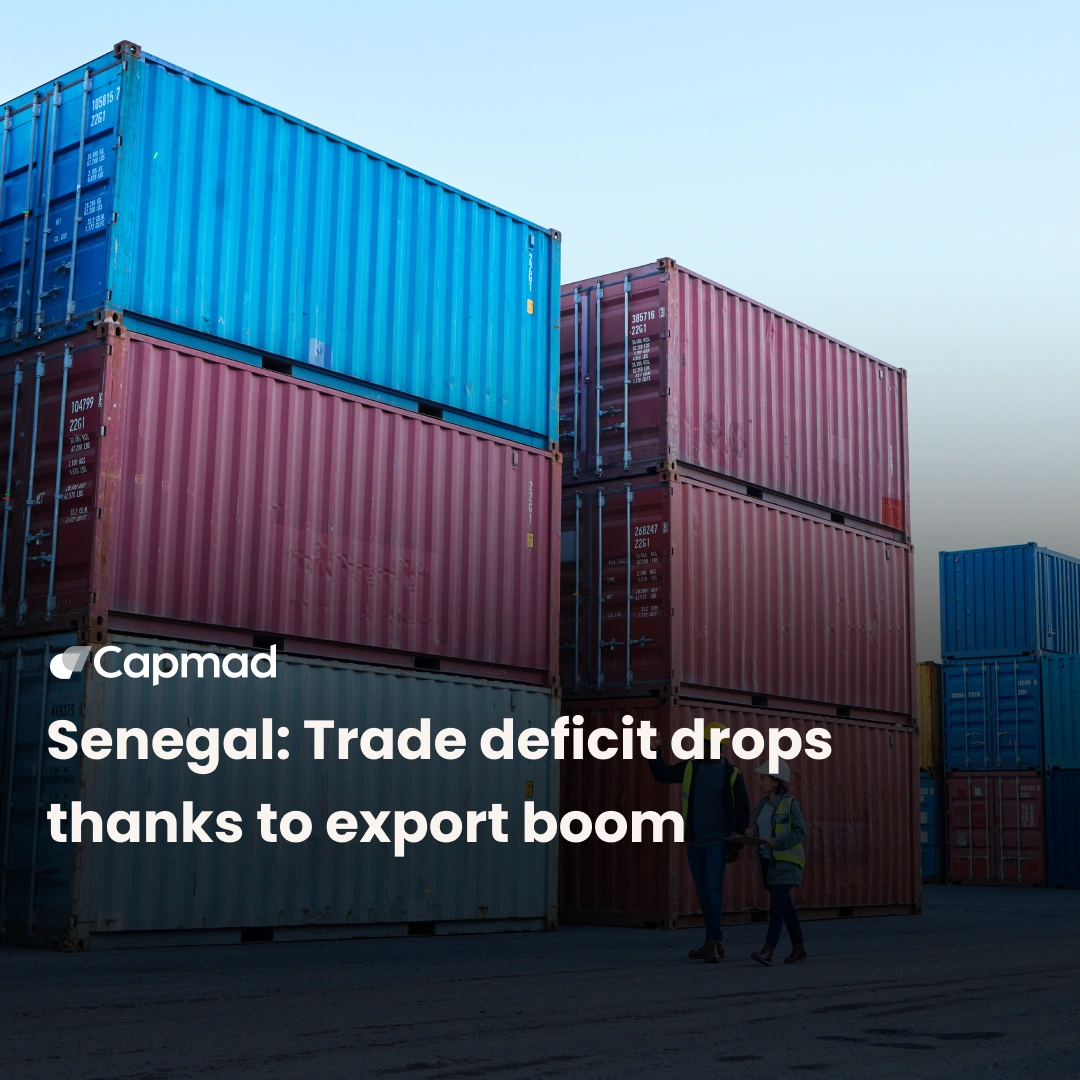The recent visit of Senegalese Prime Minister Ousmane Sonko to Ivory Coast (May 29 – June 1, 2025) marks a strategic milestone in Senegal’s regional diplomacy. This initiative reflects Dakar’s desire to build a partnership with Abidjan inspired by the Franco-German model, recognized for its ability to transform old rivalries into a driving force for cooperation and regional integration.
Principles of the Franco-German Model
The Franco-German model is based on several pillars:
- Shared leadership and political convergence on major European issues.
- Institutionalization of cooperation through joint commissions and regular exchanges at all levels.
- Ability to overcome historical rivalries to build a relationship of trust and mutual prosperity.
- Significant economic and demographic weight within their regional area (one-third of the EU’s GDP and population).
Application to the Senegal-Ivory Coast Partnership
Senegal and Côte d’Ivoire, which together account for more than 60% of WAEMU’s GDP, have considerable but still underexploited economic potential. Their historical, political, and social proximity, inherited from the first agreements signed in 1971, facilitates deep cooperation.
The two countries are now demonstrating a desire to relaunch and institutionalize their partnership:
- Reactivation of the Senegalese-Ivorian Joint Commission to drive new momentum in the next six months.
- Establishment of frameworks for military, security, scientific, and cultural cooperation.
- Sharing and harmonization of legislative and regulatory texts.
- Strengthened cooperation in industrial processing, fisheries resources, higher education, and scientific research.
Challenges and Issues
Despite the complementarity of their economies and their shared vision for an integrated and peaceful subregion, several challenges remain:
- Divergent approaches: Senegal, engaged in a reformist and sovereignist phase, aspires to win-win cooperation, while Côte d’Ivoire adopts a more traditional stance.
- Need to build consensus on monetary and security issues and the management of relations with other regional organizations (ECOWAS, ESA).
- Competition between the ports of Abidjan and Dakar, although synergies are possible.
Perspectives
To make this Senegalese-Ivorian “couple” a success, similar to the Franco-German tandem, it is recommended:
Institutionalize trade and make it more fluid and routine.
Encourage structuring projects and the integration of regional value chains.
Strengthen joint leadership on major sub regional issues to attract more investment and promote collective prosperity.
Conclusion
Senegal and Côte d’Ivoire aim to draw inspiration from the Franco-German model to become the driving force behind West African integration and development. This requires institutionalized cooperation, recognized economic complementarity, and shared leadership, while addressing the challenges of political convergence and the management of national interests.






